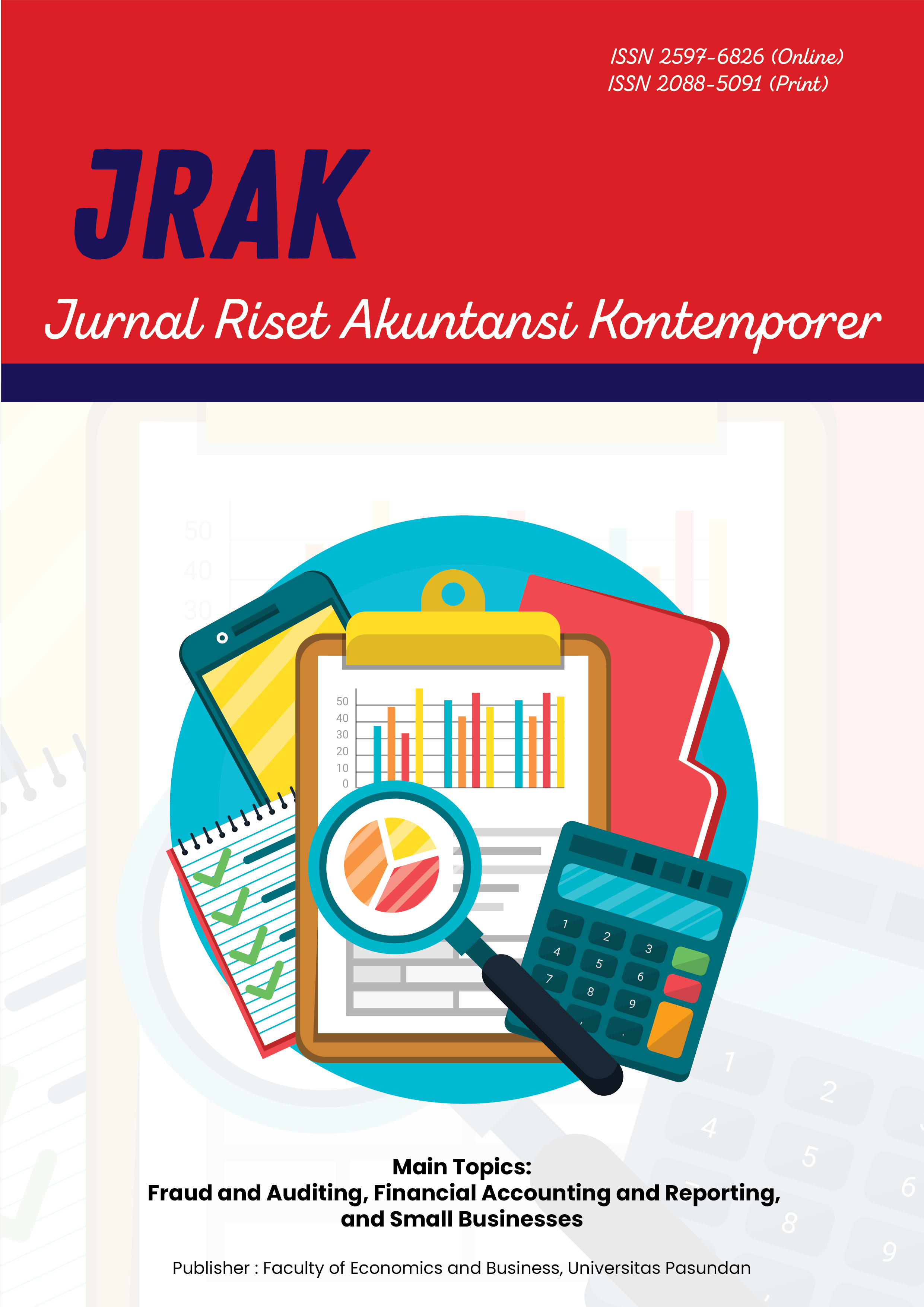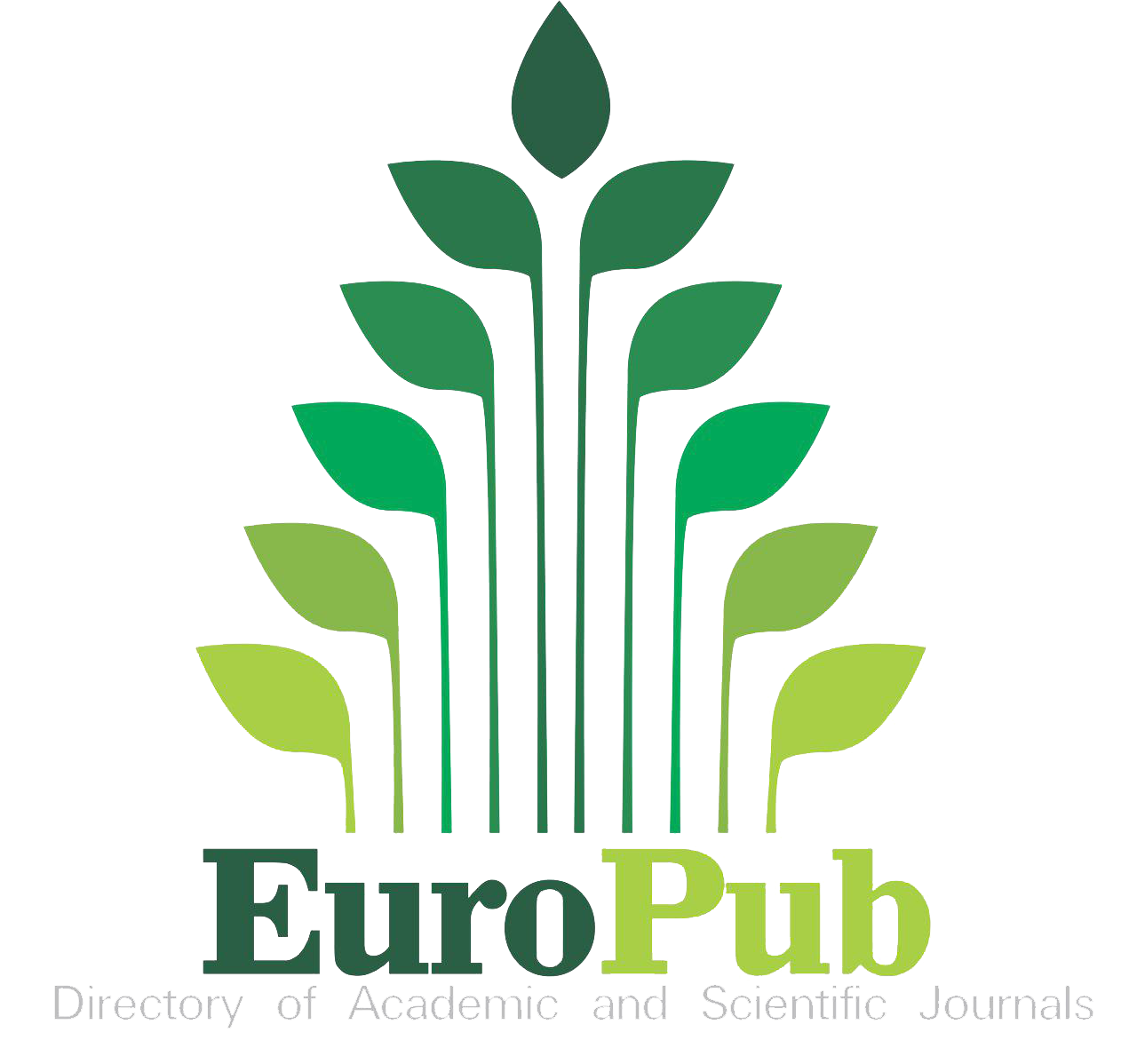DETERMINANTS OF WHISTLEBLOWING ON ACADEMIC FRAUD OF ACCOUNTING STUDENTS
DOI:
https://doi.org/10.23969/jrak.v16i1.8114Keywords:
Attitude, Machiavellian, Perceived behavioral control, Subjective norm, WhistleblowingAbstract
Accounting students' role in maintaining ethical standards by reporting fraud is crucial. This study empirically examines how individual factors—attitudes, subjective norms, perceived control, and Machiavellianism—affect their decisions. Using a quantitative approach, 212 Indonesian accounting students participated via questionnaire surveys and purposive sampling. Findings from Partial Least Squares Structural Equation Modeling (PLS-SEM) analysis reveal positive correlations between willingness to report fraud and attitudes, norms, control perceptions, and Machiavellianism. These results underline the significance of addressing individual factors to foster a culture of integrity and accountability within the accounting profession, guiding educational institutions and policymakers in developing strategies to encourage ethical behavior and whistleblowing.

















